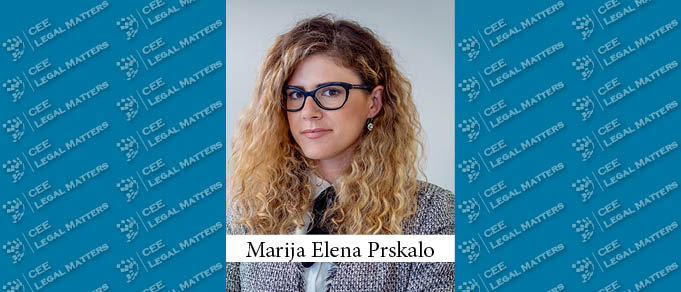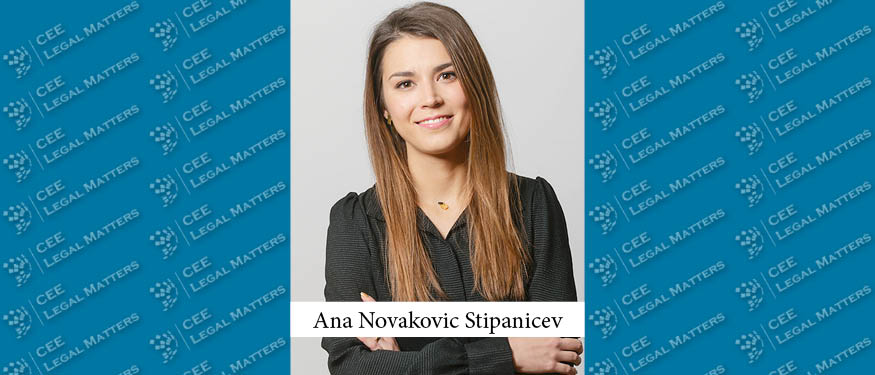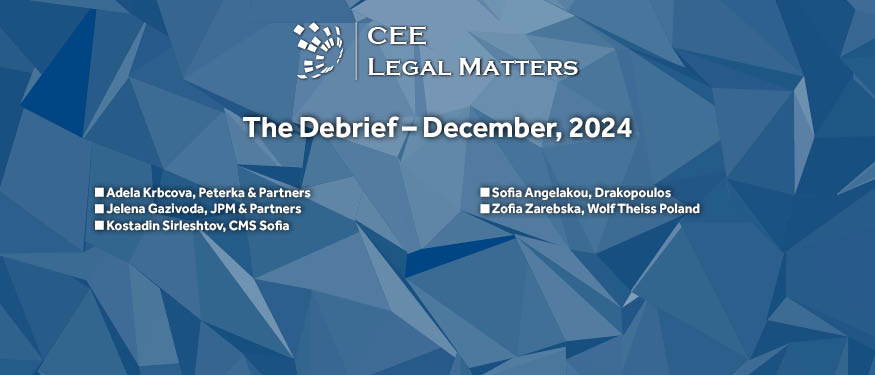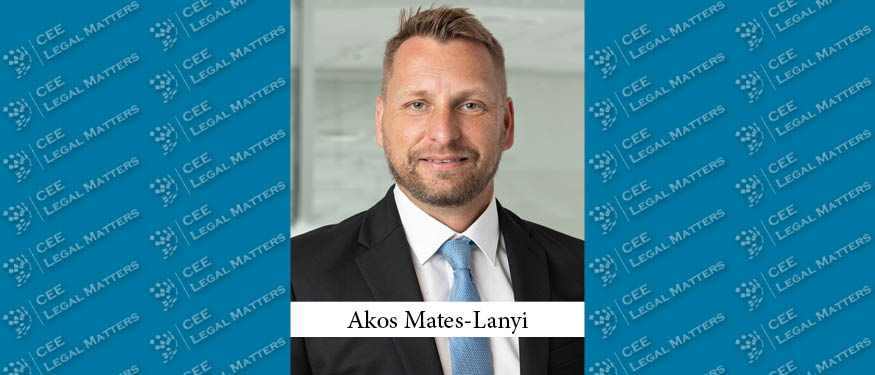We can probably all agree that no one likes bad surprises, and the same especially holds truth with respect to unexpected outcomes of legal proceedings. When it comes to civil proceedings before Croatian courts, so-called “surprise” decisions were recently introduced into Croatian legislation by Articles 5 and 367a of the new Croatian Civil Proceedings Act which entered into force on 19 July 2022.
The new Civil Proceedings Act prohibits such “surprise” decisions which refer to court decisions that are based on the legal classification of the case which is completely different from the one discussed in the proceedings and which a diligent party could not have reasonably foreseen.
According to the case law of the European Court of Human Rights (e.g., Galich vs. Russia), such decisions are in conflict with the postulates of fair trial (Article 6 § 1 of the European Convention of Human Rights) and especially adversarial principle (“Audiatur et altera pars”). Hence, the prohibition of “surprise” decisions is aimed at preventing the violation of the right to a fair trial, including the right to be heard.
Although the prohibition of “surprise” decisions refers to all courts, it is particularly evident in the context of reversing “surprise” decisions of appellate courts considering they become legally binding upon adoption. Therefore, in such cases, the new Croatian Civil Proceedings Act prescribes the obligation of the appellate court to encourage the parties to comment changed legal classification of the case prior to rendering such a decision. The parties are also entitled to refer to new facts and new evidence, but only to the extent that such changed legal classification of the case requires this.
This change in the Croatian legislation is welcome by most. However, we are yet to see whether de lege lata solution will in deed prevent courts from rendering “surprise” decisions as well as how the participation of the parties in a debate concerning the legal issues will affect outcome of the proceedings.
By Marija Elena Prskalo, Associate, Ostermann & Partners






















